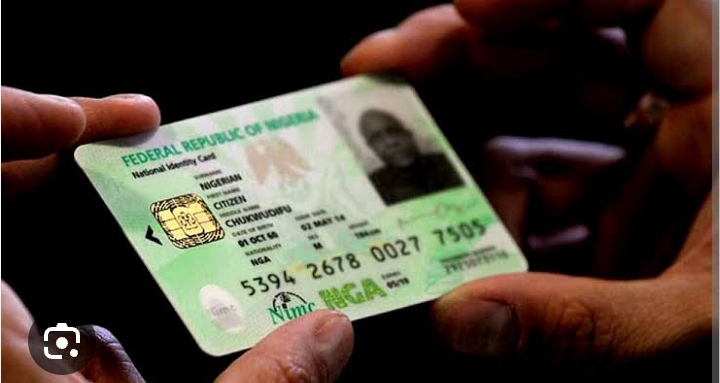How to apply for Nigerian National ID card
To apply for a Nigerian National ID card, you can follow these steps:
Visit the National Identity Management Commission (NIMC) website: Start by accessing the official website of the NIMC, which is responsible for the issuance of National ID cards in Nigeria. Ensure that you have a stable internet connection and a compatible device to complete the online application process.
Pre-enrollment: On the NIMC website, locate the “Pre-enrollment” option and click on it. You will be required to fill out a pre-enrollment form with your personal details such as your full name, date of birth, address, phone number, and email address. Provide accurate information during this step.
Generate a pre-enrollment slip: Once you have completed the pre-enrollment form, you will be issued a pre-enrollment slip. Print out this slip or take note of the unique 2D barcode on it. The pre-enrollment slip contains important details that will be required during your visit to the enrollment center.
Locate a NIMC enrollment center: Use the NIMC website or contact their helpline to find the nearest NIMC enrollment center to your location. It is important to visit the enrollment center in person as this is where your biometric information will be captured.
Visit the enrollment center: Take your pre-enrollment slip, along with original copies and photocopies of supporting documents such as your birth certificate, valid passport, driver’s license, or any other acceptable means of identification. Also, bring along documents that prove your Nigerian citizenship such as your Nigerian passport, voter’s card, or local government identification letter.
Biometric data capture: At the enrollment center, your fingerprints, photograph, and signature will be captured digitally. Ensure that your fingerprints are clear and easily identifiable during this process.
Review and verify your information: After your biometric data has been captured, the enrollment officer will show you the details they have entered. Review the information carefully for any errors or discrepancies, and inform the officer if you need any corrections to be made.
Submission and acknowledgement slip: Once you have verified your information, the enrollment officer will provide you with an acknowledgment slip. Keep this slip safe as it contains your National Identification Number (NIN), which is a unique 11-digit number assigned to you.
Wait for your National ID card: After completing the enrollment process, you will need to wait for some time to receive your National ID card. The processing time may vary, so it is advisable to regularly check the NIMC website or contact their helpline to inquire about the status of your card.
It’s worth noting that the process and requirements may be subject to change, so it’s always a good idea to visit the official NIMC website or contact their helpline for the most up-to-date information before applying for a Nigerian National ID card.










